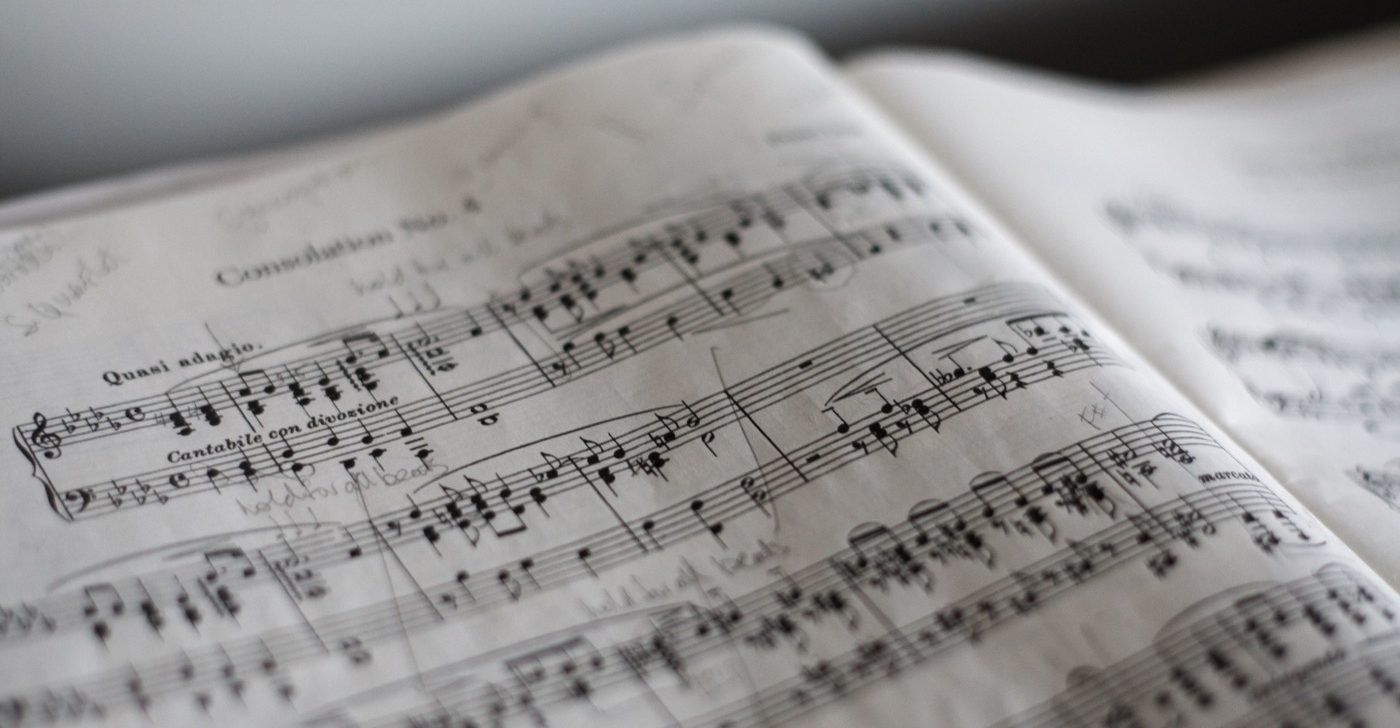Writing music and writing books might seem like two completely different endeavors, but both require creativity, discipline, and a deep understanding of structure. If you’re a music composer looking to make the leap into writing books, you’re not alone. Many musicians have ventured into the world of writing novels, memoirs, or non-fiction. The good news is that many of the skills you’ve honed in music can translate into successful book writing. In this article, we’ll explore how to transition from composing music to crafting stories on the page.
1. Understanding the Similarities Between Music and Writing
Creative Foundations
Both music and writing are forms of storytelling. As a composer, you create emotional journeys through melodies, harmonies, and rhythms. Similarly, in writing, you craft narratives that take readers on an emotional journey through words. The key here is understanding that both disciplines share a foundational element: they convey emotions and ideas.
The Art of Structure
Just as a song follows a structure—whether it’s verse-chorus-verse or sonata form—books also adhere to specific structures, such as a three-act structure in novels or a clear flow in non-fiction. Your experience in organizing music can help you grasp the concept of chapters, scenes, and plot progression in a book.
2. Shifting Your Mindset from Composer to Author
Embrace the Change of Medium
As a composer, you are used to working with sound, tempo, and timing. Transitioning to writing books involves shifting your focus from auditory elements to the written word. It might feel like a challenge at first, but remember that both mediums communicate meaning. While music uses sound to convey emotion, books use words.
Be Patient with Yourself
Writing a book is a long-term commitment, much like composing an album. The process may take time, and you may need to develop new habits. It’s crucial to remain patient with yourself as you learn the craft of writing, just as you did when you first learned to write music. This mindset will help you stay focused and motivated.
3. Developing Writing Techniques and Skills
Write Regularly
Just as you practiced your musical instrument daily, writing a book requires consistent effort. Set aside time to write every day, whether it’s journaling, outlining your ideas, or drafting scenes. The more you write, the more you develop your unique voice as an author.
Understand the Importance of Editing
In music, composition and performance are often followed by editing and refining. Similarly, writing books involves drafting and then revising. Don’t expect your first draft to be perfect. Focus on getting your ideas down and allow yourself the freedom to revise and improve. Editing is key to shaping a good story into a great one.
Learn the Basics of Writing Craft
While you might already be familiar with structure in music, book writing requires understanding literary elements like plot development, character arcs, pacing, and narrative style. Reading books on writing or attending writing workshops can help you grasp these concepts and improve your storytelling abilities.
4. Incorporating Your Musical Background into Writing
Use Your Sense of Rhythm and Flow
As a composer, you have a keen understanding of rhythm, pacing, and the ebb and flow of music. This sense of timing can be incredibly valuable in writing. In books, pacing refers to how quickly or slowly events unfold, and rhythm refers to the way sentences and paragraphs flow. You can apply your musical timing to create a rhythm in your writing that keeps readers engaged.
Leverage Your Creative Storytelling Abilities
Musicians often have a natural ability to tell stories through their compositions, even if the music itself doesn’t have lyrics. Use this skill to your advantage when writing. Think of your story as an emotional journey, much like a musical composition. Plan the highs, lows, and emotional beats, and take readers through a well-paced journey with your narrative.

5. Finding Your Writing Voice
Explore Different Genres
As a composer, you might have written in various styles or genres—classical, pop, jazz, etc. Similarly, in writing, you may experiment with different genres before finding your true voice. Start with what feels natural to you—whether it’s fiction, memoir, or non-fiction—and allow yourself the freedom to explore. You may find that your musical style influences the way you write or the kinds of stories you’re drawn to.
Stay Authentic
In both music and writing, authenticity is key. Just as you wouldn’t compose music that doesn’t feel true to your style, don’t try to write in a genre or style that doesn’t resonate with you. Stay true to your own voice and write the stories that excite and inspire you.
6. Building Your Writing Process
Set Realistic Goals
Writing a book can feel overwhelming, especially if you’re accustomed to the more concise structure of a musical composition. Set small, realistic goals—such as writing a certain number of words per day or completing a chapter each week. These achievable milestones will help you stay motivated and make the project feel less daunting.
Break Your Writing Into Sections
Just like a music composition might be divided into movements or sections, a book can be broken into chapters or scenes. This makes the writing process more manageable and allows you to focus on one piece at a time. Organizing your work in sections will also help you maintain structure and flow throughout the entire project.
7. Building Confidence as a Writer
Trust the Process
As a composer, you’ve spent years honing your craft. Writing books is no different. Trust the process of learning, revising, and improving. Embrace the challenges and celebrate the small victories along the way, whether it’s finishing a chapter or receiving positive feedback from a critique partner.
Seek Feedback
Just as you would ask musicians or producers for feedback on your compositions, don’t hesitate to seek out constructive criticism for your writing. Join writing groups, work with beta readers, or hire an editor to help you improve your work. Outside feedback will help you grow as a writer and guide you toward refining your book.
Conclusion
The transition from writing music to writing books may seem daunting, but both crafts rely on creativity, structure, and emotional storytelling. By embracing the unique skills you’ve developed as a composer, you can bring a fresh perspective to your writing. Remember that patience, practice, and dedication are essential for both music and writing. So, trust your creative instincts, stay committed to the process, and enjoy the journey of becoming an author.








